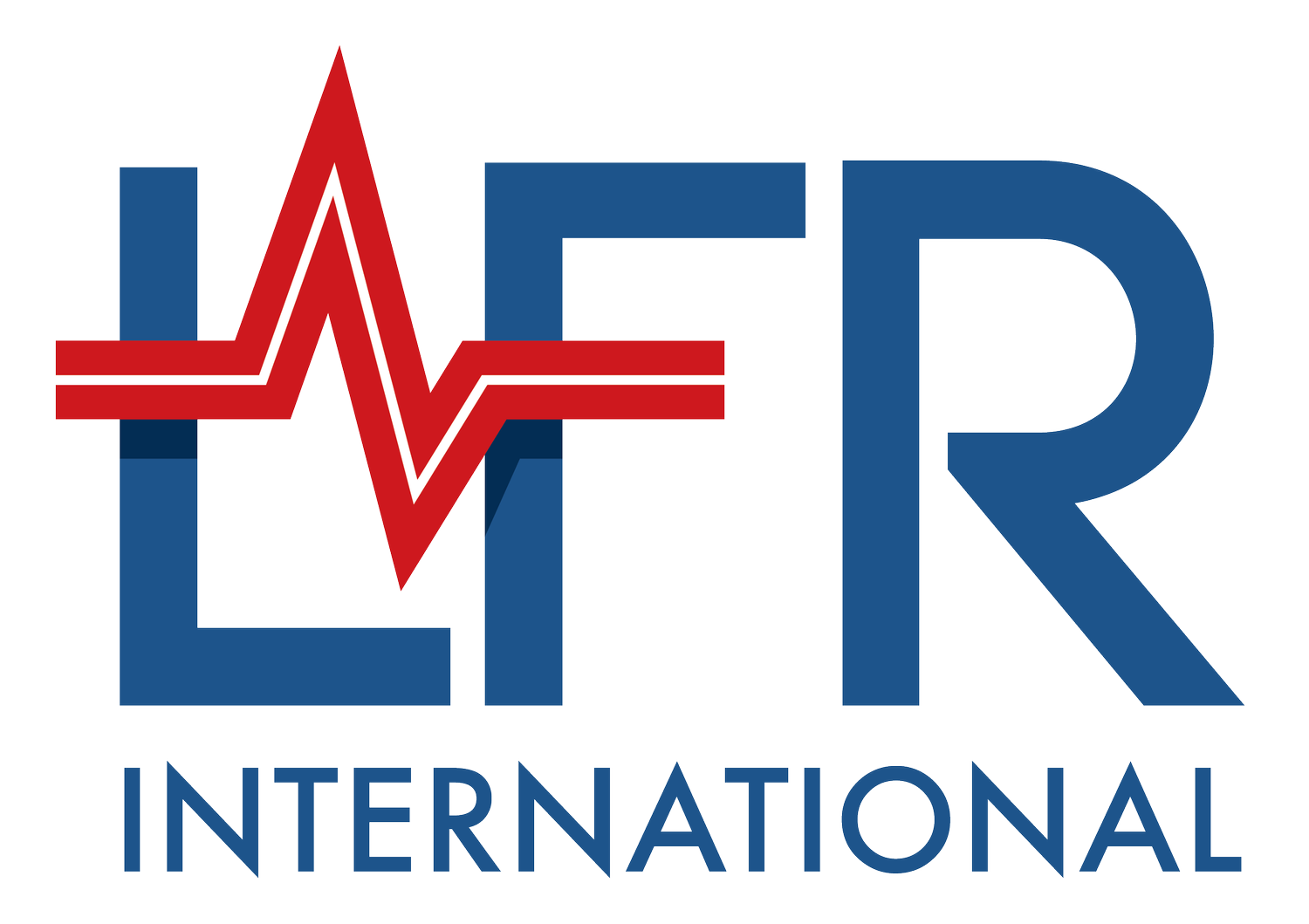Our Impact
Lay first responders provide prehospital emergency care to those who need it most.
Having developed programs in 8 different countries, the first responders LFR International has trained have provided emergency medical services to an estimated 15,000 individuals. To date, LFR International programs have covered over 800,000 people with emergency care via the training of 7,905 first responders.
Care for the Injured
LFR International trains first responders using curricula informed by World Health Organization guidelines, the Red Cross, the American College of Surgeon’s Advanced Trauma Life Support Course, the Stop The Bleed Initiative, and research conducted during our program evaluations.
We incorporate these lessons to develop locally-informed curricula that teach high-yield skills, catering to injuries prevalent in the specific settings in which we work. All first aid kit materials are reusable and locally sourced to ensure the sustainability of our programs and their impact.
Lay first responder systems impact far more than the injured.
At LFR International, we strive to create sustainable prehospital trauma care systems for those who need them most. Every year, we train hundreds of lay first responders who then provide volunteer emergency medical services to their local communities in the low—and middle-income countries in which we work. Our programs impact more than just the patients LFR responders treat, however. Beyond the care lay first responders are capable of providing, our research has found that becoming trained as a lay first responder appears to have a beneficial effect on the personal and professional lives of trainees in low—and middle-income countries.
While training as a lay first responder provides the participant with a new set of skills and first aid knowledge, practicing in the field contributes to personal fulfillment as trainees have an ability to help others.
The mean income of transportation providers who have been trained as first responders has been found to be 39.36% higher than un-trained counterparts. This is most likely due to safety being a primary driver for customers in choosing a transportation providers; customers believe motorcycle taxis trained in first aid are more careful and responsible drivers, and are therefore more likely to choose them.
Key Metrics
3 years after training, 96.52% of trained responders report a positive outlook on their participation
Across all LFR Programs, 92.5% of responders report providing motorcycle transport
Trainees improve across all five first aid categories tracked and retain essential skills longitudinally
Over 90% of randomly sampled transportation providers report strong interest in becoming first-aid-trained
Lay first responder systems facilitate social responsibility.
In response to their volunteer efforts in providing prehospital emergency care to their communities, LFR-trained first responders become more trusted community members and major resources to the areas where they operate. Their commitment to social responsibility encourages more community members to seek first aid training, allowing LFR International to scale programming beyond the community level. We believe that there is no better source to hear more about their experiences than from the responders themselves. To hear from LFR responders themselves, visit our testimonials page.


